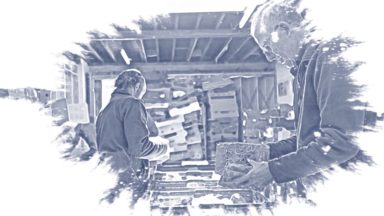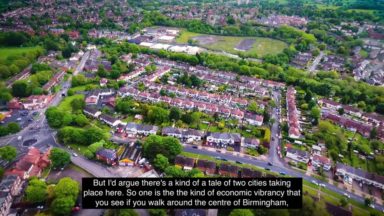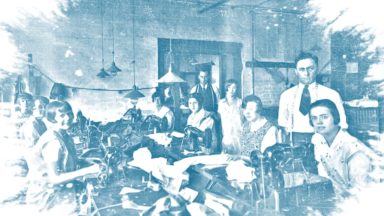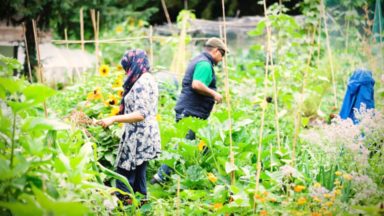Community action during COVID-19
Kiren Shafiq describes being part of Islamic Help in the summer of 2020. The group helped to deliver food and other basic supplies to people of all communities in Birmingham and other cities in the West Midlands in response to panic-buying at the start of the pandemic.



